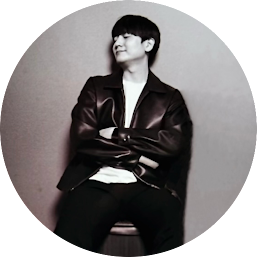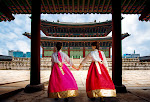Dongji is a significant holiday celebrated in Korea during the winter solstice, which typically falls on December 22nd or 23rd. This festival marks the longest night of the year and symbolizes the hope of longer days and warmer weather to come. In this blog post, I will introduce the customs and traditions of Dongji, including the delicious foods that are enjoyed during the festivities.
1. The History of Dongji
- Dongji is one of the oldest Korean holidays, dating back to the Three Kingdoms period (57 BC – AD 668).
- Originally celebrated by farmers as a way to give thanks to the gods for the year's harvest and to pray for a bountiful new year.
- Over time, the holiday became associated with the winter solstice and the changing of seasons.
2. Dongji Customs and Traditions
- Eating Dongji patjuk (sweet red bean porridge) and Dongji sotteok (rice cakes with various fillings) are traditional foods that are enjoyed during the holiday.
- Families often gather together to make and share these foods.
- Dongji is also a time for family reunions and for paying respect to ancestors.
- In some regions of Korea, people take a ritual bath on Dongji to ward off evil spirits.
3. Dongji Foods
- Dongji patjuk: a sweet red bean porridge with rice cakes, enjoyed for breakfast on Dongji day.
- Dongji sotteok: rice cakes with various fillings such as sweet red bean paste, sesame seeds, and nuts.
- Dongji hangwa: traditional Korean confections, including yakgwa, jeolpyeon, and dasik, are also enjoyed during the holiday.
Dongji is a cherished holiday in Korea that celebrates the changing of seasons and the hope of new beginnings. It is a time for families to come together and enjoy traditional foods like Dongji patjuk and Dongji sotteok. By learning about the customs and traditions of Dongji, we can gain a deeper appreciation for Korean culture and the significance of this special holiday.












0 Comments